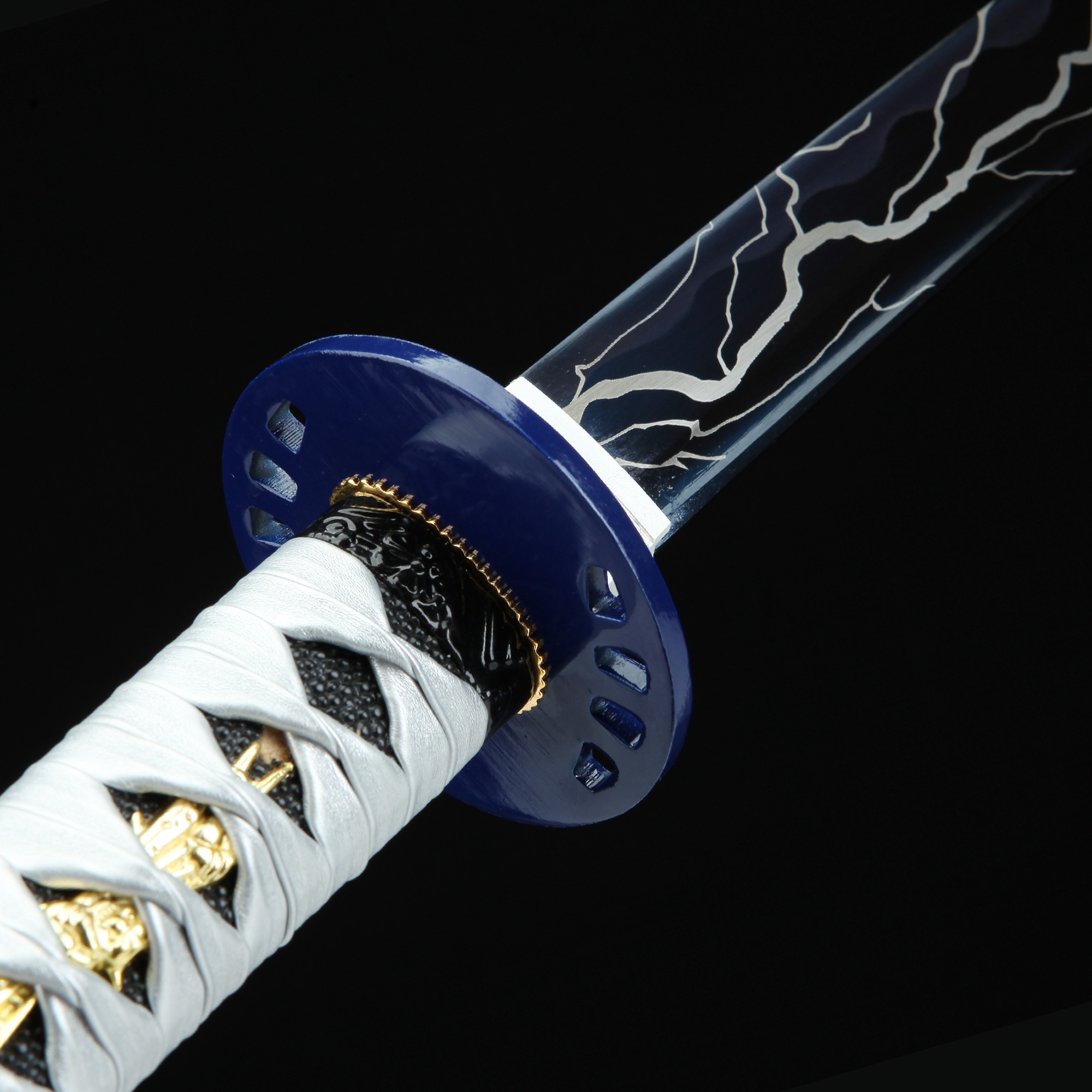The katana, a traditional Japanese sword, is more than just a weapon; it is a symbol deeply embedded in the cultural fabric of Japan, embodying the values of honor, discipline, and craftsmanship. Dating back to the samurai era, the katana has played a pivotal role in shaping the identity of the Japanese people and their warrior class. Its symbolism extends beyond its razor-sharp edge and exquisite craftsmanship, delving into the spiritual and philosophical realms of Japanese culture. Central to the katana’s symbolism is the concept of honor, or honor-sha, which is revered in Japanese society. The samurai, the historical warrior class, regarded the katana as an extension of their own soul, and wielding it demanded a profound sense of honor and integrity. The process of forging a katana was considered a sacred art, involving meticulous craftsmanship and dedication. The katana’s blade, with its distinctive curvature and razor-sharp edge, became a symbol of the samurai’s commitment to perfection and the pursuit of excellence.

Discipline is another core value encapsulated in the katana’s symbolism. The rigorous training required to master the art of wielding the katana instilled discipline, focus, and resilience in the samurai. The relationship between the swordsman and his weapon was akin to a spiritual bond, where discipline became a way of life. The katana, with its precise and deliberate strikes, reflected the disciplined nature of the samurai and their unwavering commitment to their code of conduct. The katana’s symbolism also draws heavily from Zen Buddhism, a philosophy deeply ingrained in Japanese culture. Zen principles emphasize mindfulness, meditation, and the quest for enlightenment. The act of drawing and sheathing the katana, known as iaijutsu, became a meditative practice for the samurai, fostering a sense of calm amidst chaos. The katana presence in Zen-influenced rituals and ceremonies further solidified its connection to spiritual enlightenment and self-discovery.
Craftsmanship is an integral aspect of the katana’s symbolism, with each sword being a testament to the skill and dedication of the swordsmith. The intricate process of forging a katana involved folding and tempering the steel multiple times, resulting in a blade of exceptional strength and sharpness. The craftsmanship of the katana was not only a display of technical prowess but also a reflection of the swordsmith’s commitment to creating a weapon of unparalleled beauty and functionality. In conclusion, the katana’s symbolism in Japanese culture transcends its role as a mere weapon; it is a profound representation of honor, discipline, spirituality, and craftsmanship. As a cultural icon, the katana continues to captivate the imagination and command respect, serving as a timeless reminder of the values that have shaped Japan’s rich history.


